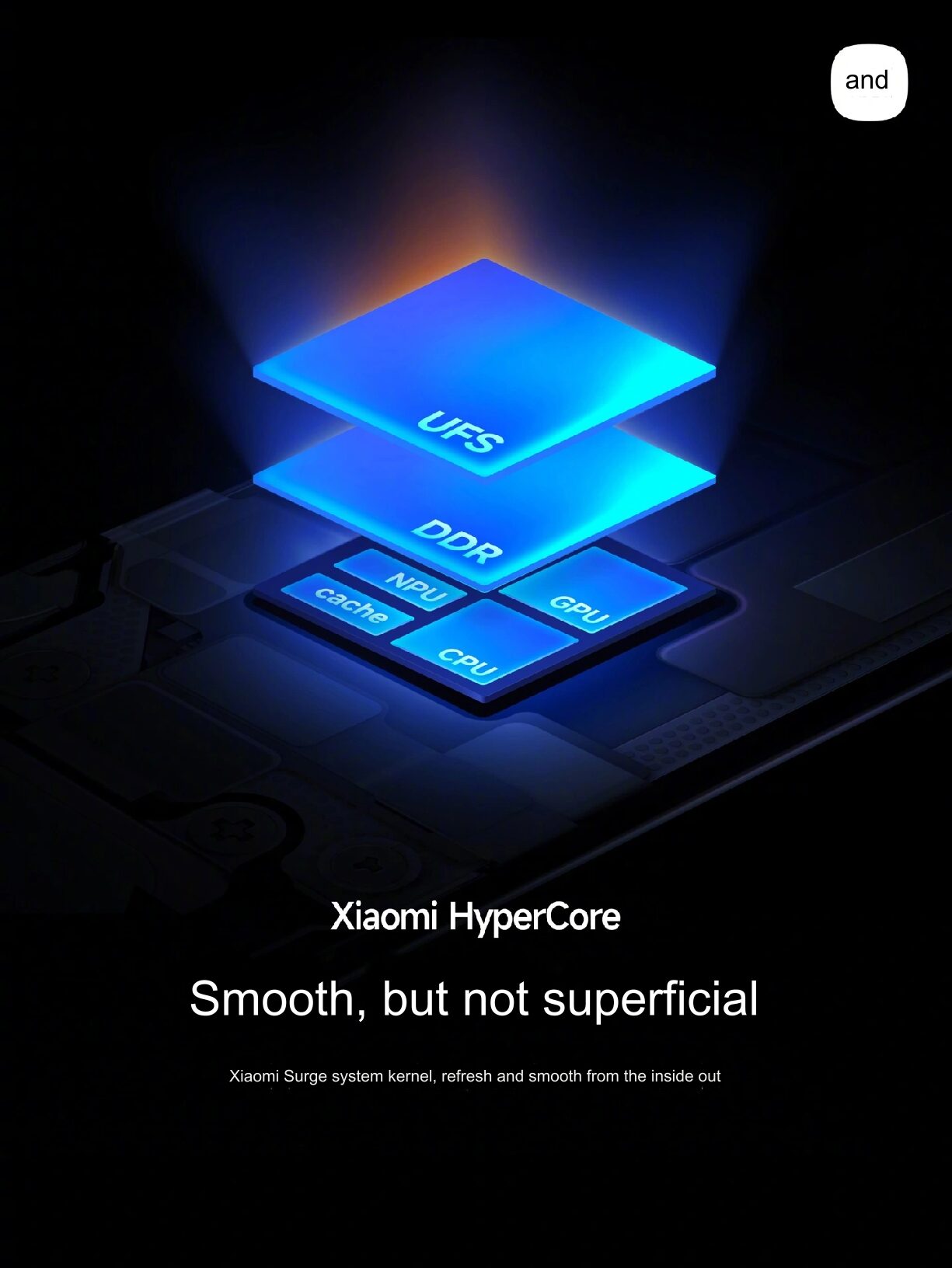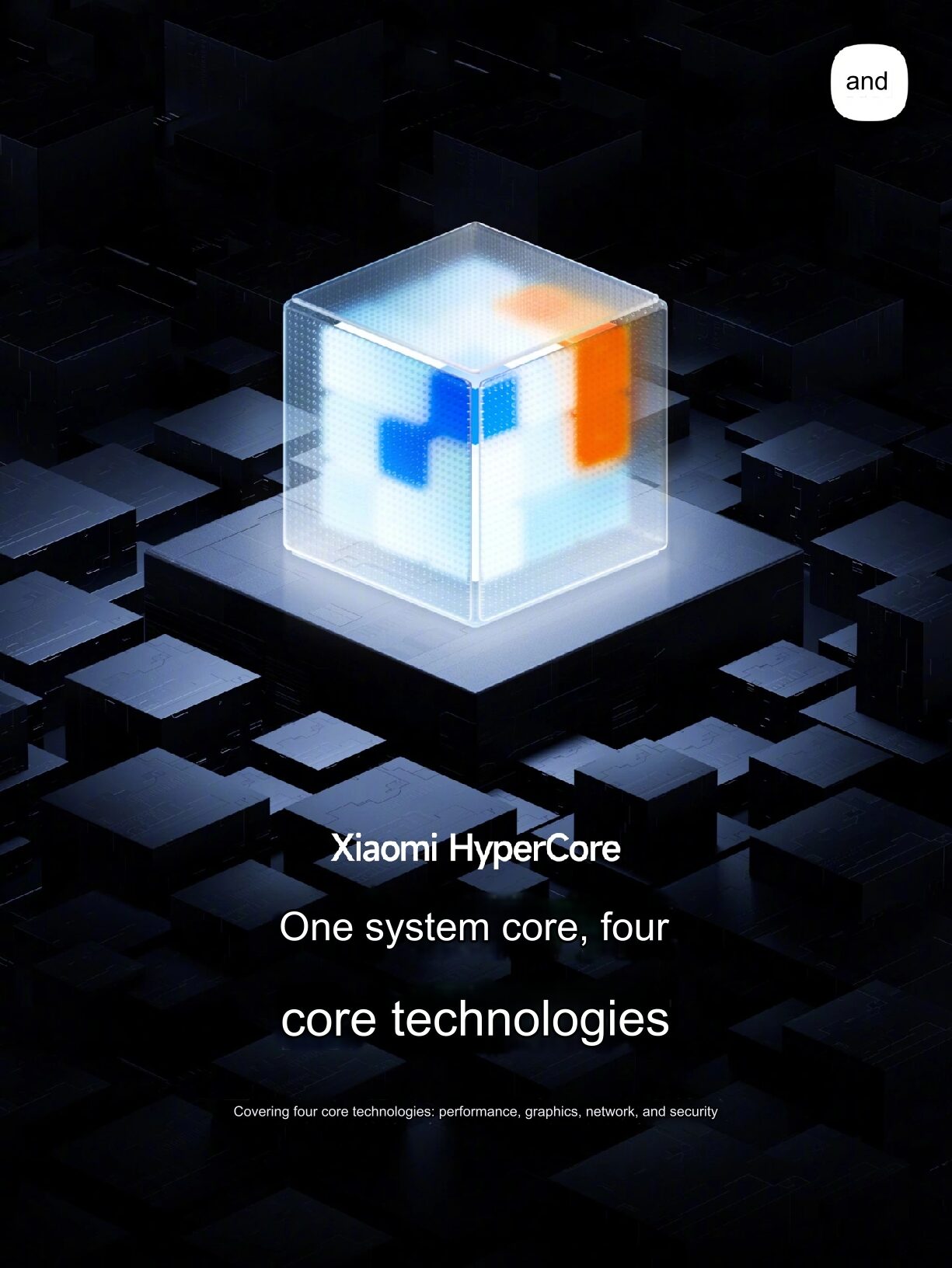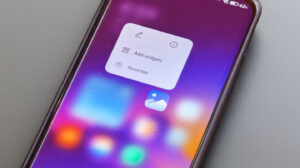Xiaomi will introduce its Xiaomi 15 Series along with the highly anticipated Xiaomi HyperOS 2, also referred to as HyperOS 2 in international markets, which is scheduled to officially release on October 29, 2024. In a whole raft of advanced technologies presented, perhaps one of the most interesting is the HyperCore, which constitutes Xiaomi’s deeply self-developed system kernel. It promises to bring optimized improvements in performance, graphics, networking, and security.
What is HyperCore?
At the core of HyperOS 2 sits HyperCore, which is an entirely new system kernel built by Xiaomi from scratch. This is going to be one major move in its push for independent R&D with purposes of optimizing the performance and efficiency of the operating system. Following are four major root technologies that make HyperCore a game-changer:
- Performance optimization: HyperCore will manage the core computing power of the system to perform the best balance between performance and power consumption. That is, the devices whose OS will be running on HyperCore will be faster, but at the same time more energy-saving, allowing users to extend battery life even during intensive use.
- Enhanced Graphics Pipeline: It has redesigned the underlying graphics technology pipeline with extreme care to bring in some stunning visual effects and smoother UI transitions in the HyperCore. From gaming and video playback to the general usage of a phone, users can now experience top-notch visual performance with more advanced cutting-edge graphics brought by HyperCore.
- Network Communication Upgrades: The HyperCore by Xiaomi upscales the company’s networking game, improving communication technologies and enabling even faster, more reliable data connectivity. Be it Wi-Fi, 5G, or Bluetooth, users can pretty much be assured that the connectivity is going to be more stable and noticeably quicker across the board.
First All-Domestic End-to-End Encryption Security
This is where most of the focus of HyperCore has gone. Xiaomi introduces China’s very first end-to-end encryption in HyperCore to improve the protection of user privacy. The latter guarantees that data cannot be accessed by unauthorized users, which means information cannot fall into dangerous or unauthorized hands.
The Role of HyperCore in Xiaomi HyperOS 2
HyperCore deeply integrated inside HyperOS 2 will reportedly make the system faster, safer, and just beautiful to behold. Teasers from Xiaomi have pointedly used the tag “One touch fast, one glance new,” which says a lot about the user experience being way smoother and snappier. Here are some ways that HyperCore could beef up the Xiaomi 15 Series and future Xiaomi devices:
- Seamless Multitasking: One can easily switch between different applications and perform multitasking without a glitch because the new OS upgrades resources management and performance optimization.
- Superior Gaming Performance: The new graphics pipeline promises even higher frame rates, further immersing one into the game and making Xiaomi a top choice for gamers on-the-move.
- Better Battery Life: Power efficiency features within HyperCore will ensure that even the most compute-intensive tasks will not have users reaching for their chargers anytime soon.
- Privacy-Centric OS: Equipped with kernel-level end-to-end encryption, HyperOS 2 may very well set the new standard for user data protection.
HyperCore: A Step Towards Full System Autonomy
HyperCore underpins Xiaomi’s commitment to building a more autonomous and independent ecosystem. With its own kernel, Xiaomi would have full control over software-hardware integration in endeavors to push for further optimizations of functionality across its devices. It could also be read as a response to the increased demand for technological sovereignty on the domestic front in China, where its homegrown innovations in system architecture already receive a high value.
Looking Forward to the Xiaomi 15 Series
HyperCore at the heart of Xiaomi HyperOS 2 now may end up changing the very meaning of Xiaomi 15 series smartphones. Already anticipated to be at the pinnacle of performance owing to specs such as a 6.36-inch AMOLED display, Snapdragon 8 Gen 4 chip, and 50MP Leica-tuned cameras, this will further enhance it: top-notch performance, security, and efficiency by HyperCore.
The introduction of HyperCore by Xiaomi in HyperOS 2 is a bold stroke that secures this company’s leading position in mobile operating system innovation. HyperCore is expected to rewrite ground rules for user experience with performance boosts, enhanced graphics, improved communication, and state-of-the-art security. As Xiaomi presses harder into the boundaries of mobile technology, this launch of Xiaomi HyperOS 2 with the Xiaomi 15 Series will no doubt become a major milestone in this company’s evolution. The actual launch is imminent, hence both Xiaomi enthusiasts and non-Xiaomi tech lovers keenly await what shape exactly HyperCore will mold in the future of their devices.


 Emir Bardakçı
Emir Bardakçı




I Have POCO F5
POCO F5 Mea HyperOS 2.0 Update kab ayega
(INDIA)
Big Fan POCO & HyperOS
What does it mean for low end devices though.
HydrogenSo 20
What will happen with the red mi 7 and redmi note 9 that works with Miu. Here in Venezuela we do not have for this changing phone as do several countries. Let’s help too.
Foc
Xiaomi phone is the worst phone in the world, the user interface is a copy of the iPhone (Apple).
I don’t think you guys with those phones will be eligible for any further support from xiaomi, because your phones are very old